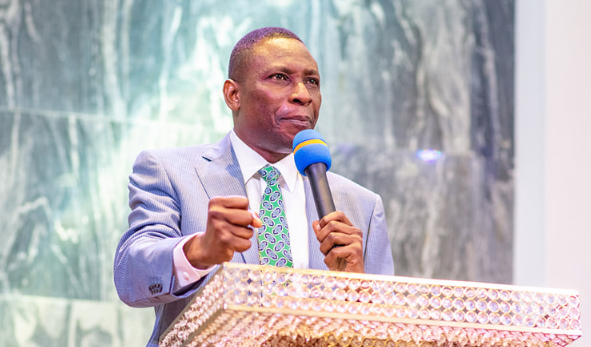The judge, while sentencing the cross-dresser, said the judgment would serve as a deterrent to others who are fond of abusing and mutilating the naira.
However, in his Notice of Appeal filed before the Appeal Court, the cross-dresser urged the appellate court to consider the fact that he has no previous record of criminal conviction.
He averred that the sentence imposed by the trial court against him was punitive contrary to the mandatory provisions of the Administration of Criminal Justice Law on sentencing.
He stated that the trial court did not consider the positive antecedent of the appellant, who did not waste the precious judicial resources of the trial court, when he pleaded guilty to the charge.
He also noted that he honoured the invitation of the EFCC on the first invitation during the investigation leading to the charge.
“The sentence of the lower court that imposed the maximum penalty of six months imprisonment without option of fine on the appellant, who is a first-time convict without a previous record of criminal conviction, is harsh.
“The learned trial judge erred in law and facts by his imposition of the maximum sentence of six months imprisonment terms against the appellant without the option of fine contrary to the provisions of Section 416(2) (d) of the Administration of Criminal Justice Act of 2015 that prescribed the mandatory guidelines on the trial court on imposition of sentencing after criminal conviction of a first time offender as the appellant.
“The trial court imposed the maximum sentence on the appellant, who has no previous record criminal of conviction, when there are options to impose a lesser sentence by the provisions of the ADCJA.
“The sentence imposed by the trial court against the appellant is punitive contrary to the mandatory provisions of the law on sentencing.
“The appellant has suffered a miscarriage of justice by the maximum sentence imposed by the learned trial court.





























